Subtotal: $25.00
Stock Market Trading: Beginner Step X Step Stock Trading!
$25.00
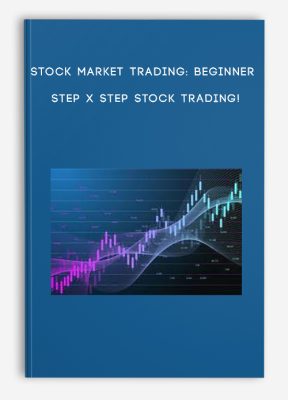
Stock Market Trading: Beginner Step X Step Stock Trading!
Get Stock Market Trading: Beginner Step X Step Stock Trading! on Salaedu.net
Description:
Evaluate A Companies Strategy & Competitive Landscape (Qualitative Analysis) To Build Your Watch List.
Apply Fundamental Analysis (Ratios) To Help You Decide What To Buy/Sell.
Evaluate Using Technical Analysis (Charting) To Help You Decide When To Buy/Sell.
How To Place The Correct Buy Or Sell Order To Maximize Your Returns.
Requirements
No requirements other than a desire to learn how to actively trade in the stock market.
Description
You will learn Step X Step how to
Evaluate A Companies Strategy & Competitive Landscape (Qualitative Analysis) To Build Your Watch List.
Apply Fundamental Analysis (Ratios) To Help You Decide What To Buy/Sell.
Evaluate Using Technical Analysis (Charting) To Help You Decide When To Buy/Sell.
How To Place The Correct Buy Or Sell Order To Maximize Your Returns.
Perfect for those who are brand new to trading in the stock market or consider themselves beginners or intermediate traders.
This course covers many topics that you can practically apply and use immediately to give you the knowledge and confidence to successfully trade in the stock market!
Taught by a top Udemy Instructor with over 400,000 students enrolled in his investing courses!
“Steve explains complex ideas in a simple way and remains objective at all times”- Teresa F
“Steve has got amazing energy & it kind of seeps into us & keeps us engrossed in the topic that he is teaching” – Dipti V
Successful stock market trading is all about using information to select the best stocks for you. Active traders need to be able to sort through all this information and know not only when to buy a stock but also when is the right to sell.
THIS COMPLETE COURSE WILL PROVIDE ALL THE PRACTICAL KNOWLEDGE YOU NEED TO BECOME CONFIDENT AND IMMEDIATELY START TRADING STOCKS
What you will learn can be fully applied no matter your trading goals and time availability so perfect for those who want to become
Scalpers (Arbitrage): Many trades based on data over Minutes
Day Traders: Minutes to Hours
Swing Traders: Hours to Days
Position Traders: Days to Weeks
Part Time Investors: Weeks to Months
Buy And Holders: Entry With Fewer Exits
Learn at your own pace and apply what you learn to your own favorite stocks that you may already be following!
Complete Course With Many Lessons In Each Section Including
Introduction And Setting Up For Success
Paper Trading & Back Testing For Free
Stock Market Principles
Reading Stock Quotes And Charts Like A Pro
How Many Stocks Should You Own
How To Choose A Stock Trading Broker
How Are Stocks Organized
Growth, Dividend, And Value Stocks
Large, Medium, And Small Cap Stocks
Evaluating A Companies Management, Strategy, And Competitive Positioning
Fundamental Analysis Core Concepts (Ratios)
Price, Performance, Debt And Many Other Ratios
Technical Analysis Core Concepts (Charts)
Why Technical Analysis Works
Price Bars: Foundation Of Technical Analysis
Candlesticks: Critical To Technical Trading Success
Identifying And Trading Candlestick Patterns
Trend Lines: Drawing And Trading
Strategy And Tactics For Using Trend Trading
Overcoming Whipsaws And False Trend Lines
Chart Pattern Recognition And Trading Success
Key Continuation Patterns Like Triangles and Rectangles
Key Reversal Patterns Like Head And Shoulders
Unusual Patterns L:ike the Dead Cat Bounce And Cup With Handle
Moving Averages: Great Indicator And Trading Tool To Start With
Momentum Trading Indicators
MACD: As A Powerful Trading Tool
Golden And Death Crosses
Order Types And Which Are Best At Different Times
Market, Stop Limit, Fill Or Kill And Many Other Order Types
Developing Your Personal Trading Strategy
Top 5 Action Steps + Bonus Step
…Plus Much Much More
Plus, you can ask questions and they will be answered! See these quotes from the Instructors Investing In Stocks: The Complete Course which can make a nice companion to this course.
“Steve is very passionate and informative about investing, and I really like that he is still extremely active with this course. He responds very quickly and with in-depth answers to students. I was amazed to see the quality of his responses to questions that were only posted a few days ago. Loving this course very much!” -Jenny H
“Steve (the instructor) provides thoughtful feedback on any questions that you might have. 10/10 Recommend!” -Ross M
Thanks for your interest in the course and all you need to do now is click the button to enroll and get started.
Many thanks and I look forward to seeing you in your first lesson!
Steve Ballinger
Disclaimer Note: This course is for educational and informational purposes only. There will be no recommending of any particular investments such as a particular stock or mutual fund as only you know what is right for your portfolio and your comfort with risk and volatility. Consult with a Professional for specific advice. Course is for education purposes only and instructor will have no liability related directly or indirectly to any loss or damage.
Who this course is for
Excellent for beginning stock traders who want the step by step foundation and more to better trade stocks.
Great for intermediate stock traders who want to take their trading to a higher level.
Course is designed to focus on active stock trading from day-trading to infrequent part-time trading as the concepts can be applied regardless of your trading style or timeframe.
Bond -Stock Trading course: Learn about Bond -Stock Trading
Bond trading definition
Bond trading is one way of making profit from fluctuations in the value of corporate or government bonds.
Many view it as an essential part of a diversified trading portfolio, alongside stocks and cash.
A bond is a financial instrument that works by allowing individuals to loan cash to institutions such as governments or companies.
The institution will pay a defined interest rate on the investment for the duration of the bond, and then give the original sum back at the end of the loan’s term.
A stock trader or equity trader or share trader is a person or company involved in trading equity securities.
Stock traders may be an agent, hedger, arbitrageur, speculator, stockbroker.
Such equity trading in large publicly traded companies may be through a stock exchange.
Stock shares in smaller public companies may be bought and sold in over-the-counter (OTC) markets.
Stock traders can trade on their own account, called proprietary trading, or through an agent authorized to buy and sell on the owner’s behalf.
Trading through an agent is usually through a stockbroker. Agents are paid a commission for performing the trade.
Major stock exchanges have market makers who help limit price variation (volatility) by buying and selling a particular company’s shares on their own behalf and also on behalf of other clients.
1 review for Stock Market Trading: Beginner Step X Step Stock Trading!
Add a review Cancel reply
Related products
Forex - Trading & Investment
Stock - Bond trading
Forex - Trading & Investment
Ed Watanabe – Compound Stock Earnings Advanced Charting (Video 1.19 GB)
Forex - Trading & Investment
Forex - Trading & Investment
Alphashark – Learn a Better Way to Trade Stocks and Increase Your Returns Using Options
Forex - Trading & Investment

 Deron Wagner – Sector Trading Strategies. Turning Steady Profits Even In Stubborn Markets
Deron Wagner – Sector Trading Strategies. Turning Steady Profits Even In Stubborn Markets 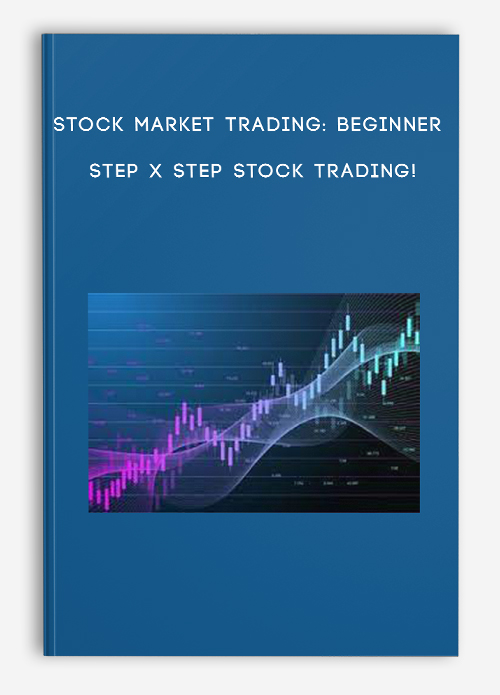
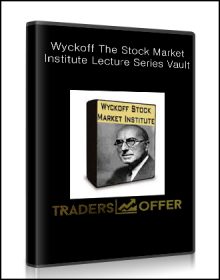
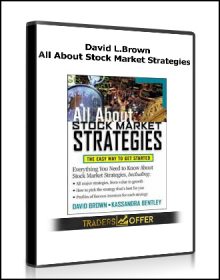
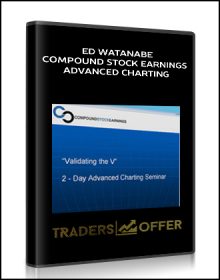
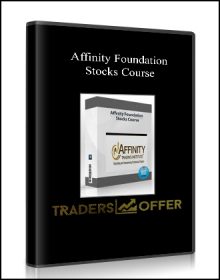
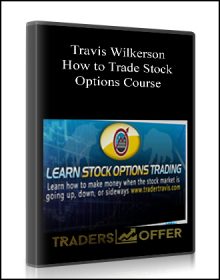
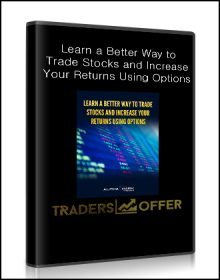
![Stansberry's Investment Advisory March 2016 Newsletter (Stansberry Research) [eBook (PDF)]](https://tradersoffer.forex/wp-content/uploads/2016/12/Stansberrys-Investment-Advisory-March-2016-Newsletter-Stansberry-Research-eBook-PDF-220x280.jpg)

king –
“We encourage customers to contact Customer Service and think twice before making payment. All course contents will be similar to what is from the author.”
Thank you!